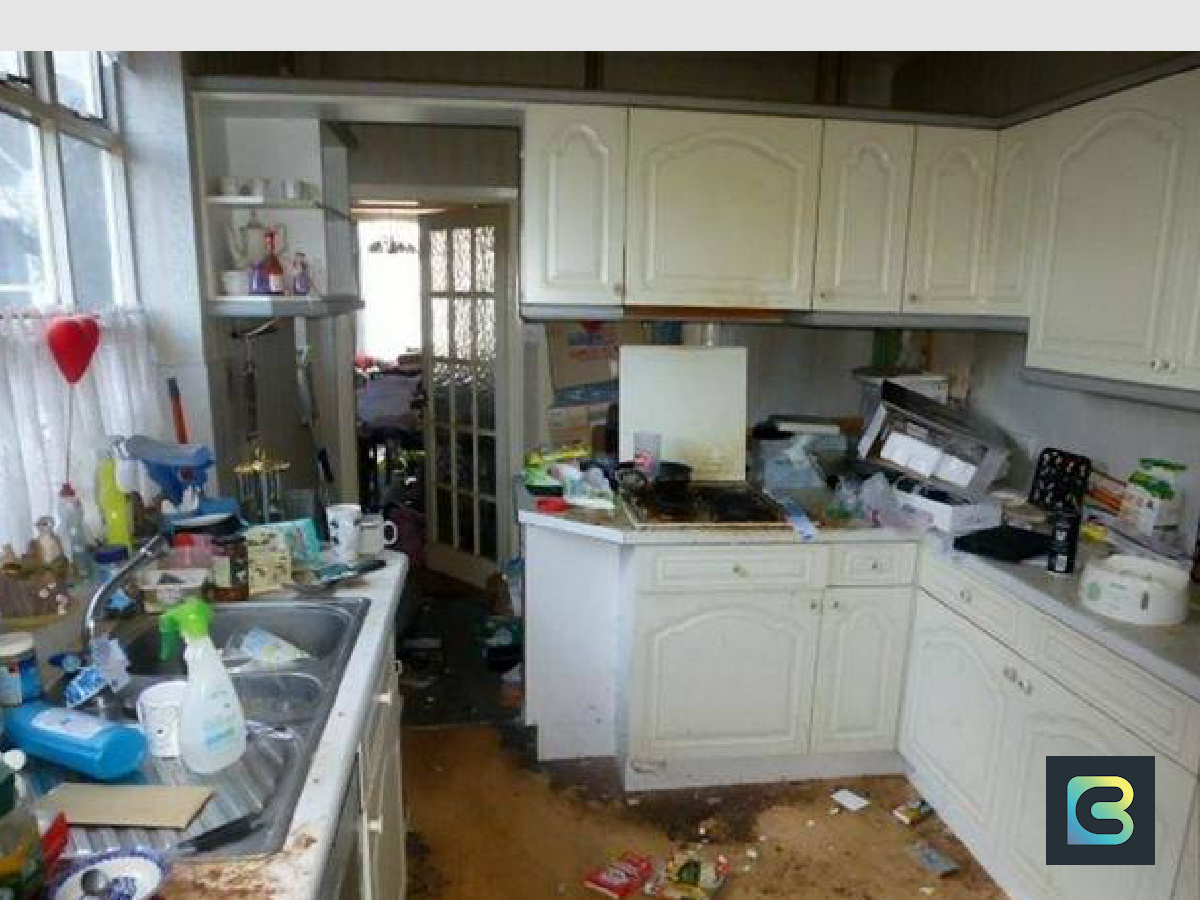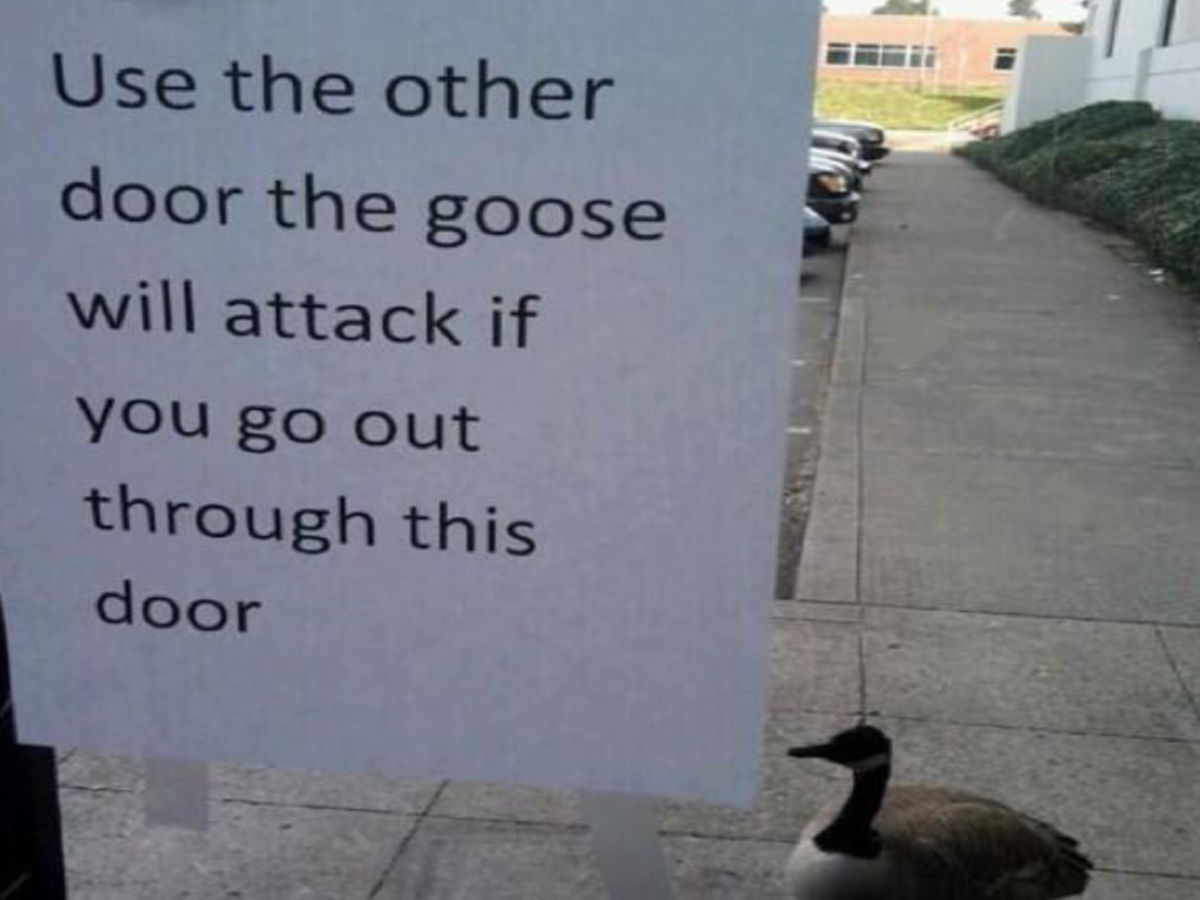Getting Your Home Ready to Sell Requires Some Work. Unless You Don’t Care How Much It Sells For.
You’re selling your house! You’re either pumped or feeling sick to your stomach. No worries, get these four things right (plus a bonus item at the end), and you’ll be selling like a pro!
Here they are in order of importance:
- Price it Right
- Clean it Up
- Offer a Competitive Commission
- Make it Easy to Show
Here’s the breakdown:
1. The Price is Right (or at least it better be)
You can’t sell a $100 bill for $110. You need to set a fair price for your home.
Pricing your home involves sitting down with your listing agent—me, I hope—and reviewing comparable listings. Comparables (or comps) are homes of similar size, condition, quality and area that have recently sold. You’ll take these numbers and add or subtract them to arrive at a list price for your home.
It’s tricky business, for sure, because you haven’t been inside the comparable listings. You don’t have a feel for what they were really like, and you don’t know the circumstances surrounding the sale. Were there competing offers? Were the sellers under duress? Did the buyer knowingly overpay because they were under pressure to buy?
You have no way of knowing, so reason and good judgment are required when looking at the comps to determine your asking price.
Remember, buyers looking at your home have seen others in the area in your price range. They’ll immediately know if you’re well priced based on homes they’ve already seen. Create a strong impression on buyers, and be rewarded with an offer close to your asking price. Turn the buyers off, and they move on. A price drop later on won’t usually bring them back.
2. Clean the Darn Thing Up
Swiffer the crap out of it.
You wouldn’t put your car on Marketplace without throwing the McDonald’s bags out of the back seat and wiping the dash, so why would you put your home up for sale and expect a great price if it’s a mess?
Buyers use all five senses when they’re shopping. House smells bad, dirty baseboards, broken light switch—it all makes buyers wonder; “if this is the best they can do when they have it up for sale, how well do they take care of it on a day-to-day basis.”
So, wash the windows, wipe out the cabinets, clean the fridge—you get the idea.
Strangers will be looking in your closets, opening doors, strolling through your storage area and taking a peek in your pantry. Don’t give them anything to look at. You’re moving anyway, so rent a storage bin for the good stuff, take your old bowling trophies to the thrift shop and take the console T.V. to the dump. Buyers will show their appreciation by making a better offer, and your partner will show their appreciation by baking a cake. Or something like that.
3. Offer a Competitive Buyer’s Side Commission
Chum the water and let the sharks feed.
Here’s how REALTORS® get paid: sell a home. That’s the short answer, and it’s also the long answer—no steady paycheque. So make a dollar offer that grabs their attention.
Most home sales (90%+) involve two Realtors—the one that lists the home and the one working with a buyer that makes the offer. When you list your home, you pay a total commission and then split it, offering a portion to the Realtor that brings the buyer (writes an offer).
If the commission you offer to the buyer’s Realtor is lousy compared to similar homes for sale in your area, you won’t generate any excitement. Remember, Realtors have all the buyers. You’re trying to find a buyer.
For example, three homes are for sale on your street, and the others offer 2% to the buyer’s Realtor. You negotiated a lower commission and are offering 1%. At that rate, you can be sure Realtors aren’t going to push their clients in your direction. Now, we can’t make someone buy one home over another, but buyers are always looking for advice. “Which one do you think is a better house?”, “What did you think of that last house?” What would you like them to say? Good things about your house, of course!
You’re not going to get Realtors working hard for you if you offer a poor commission. You’ve put yourself at a disadvantage compared to your competition. Your competition is other homes in your area in the same price range.
4. Make Your Home Easy to Show
Let them know you’re open for business.
In today’s fast-paced world, buyers want to see homes on their schedule. It can be inconvenient for sellers, but you need to play the game.
Let’s say you get a showing request for later in the day, and I call you to confirm. You tell me you haven’t had a chance to clean up, it’s supper at 6 pm, and your husband’s got a sore tooth—ask them to come by tomorrow. They won’t. Buyers move it down or off the list. They make the assumption you aren’t very motivated to sell.
Every showing request is a potential winner. You never know where or when your buyer will appear. Make the atmosphere friendly for potential buyers and create an advantage for yourself.
Bonus!
Your Realtor needs to be as invested in this as you are.
You should interview your Realtor, lots of people don’t—you should. Your Realtor needs to communicate in a way you understand, be available at all times, take great pictures and provide a compelling write-up.
Does it all seem like a lot of work? It is, but if you do the work you’ll be rewarded with a better offer. It works that way.
Curtis
PS: A wise man and good friend named Bill Nasby introduced me to these ideas when I first started in real estate. Bill was a Realtor and, later in life, a real estate coach (don’t laugh, there’s a big industry in coaching Realtors).
His original list was “Price, Wages (buyer’s side commission) and Access.” I added “Clean it Up” to the list. You could skip the cleaning if you don’t care how much your home sells for 🙂
CB
Hey, while you’re here, why not learn how to list your home for sale by downloading my Free eBook. It’s stuff your going to need to know!













 It’s a little thing, but you’re trying to win at this.
It’s a little thing, but you’re trying to win at this. 

